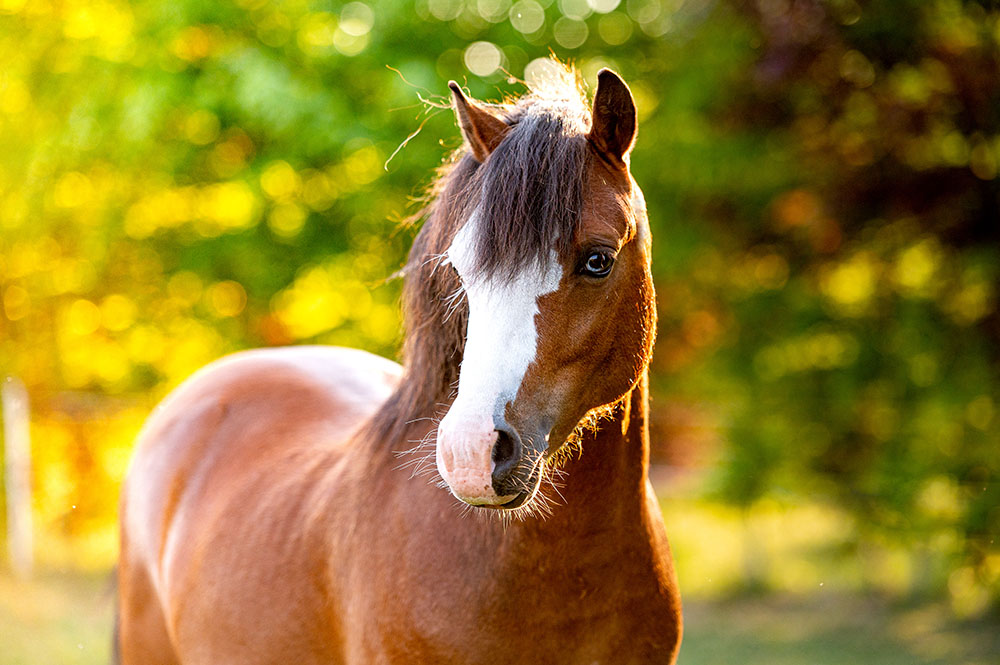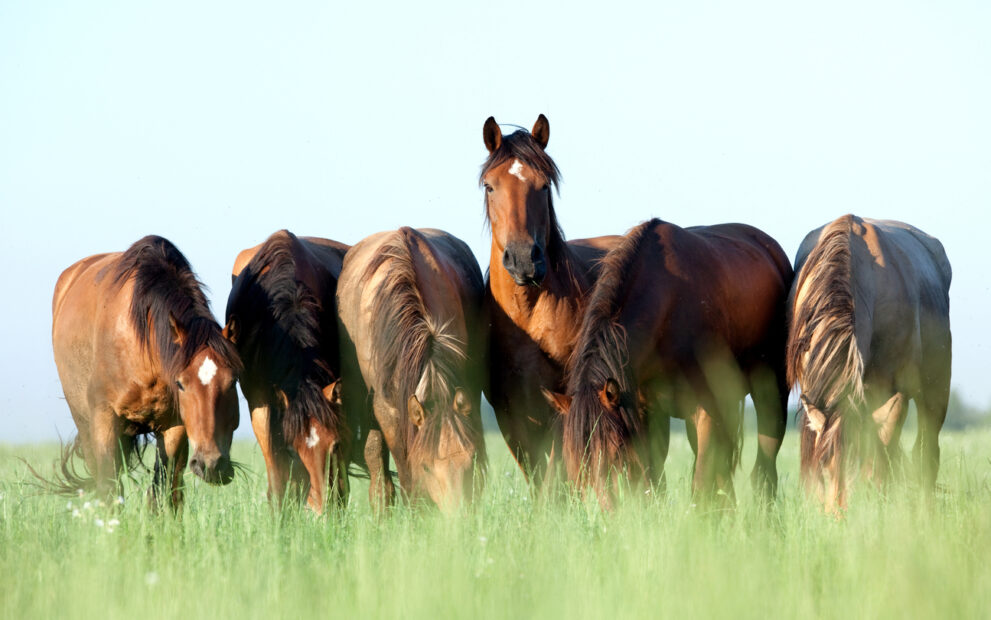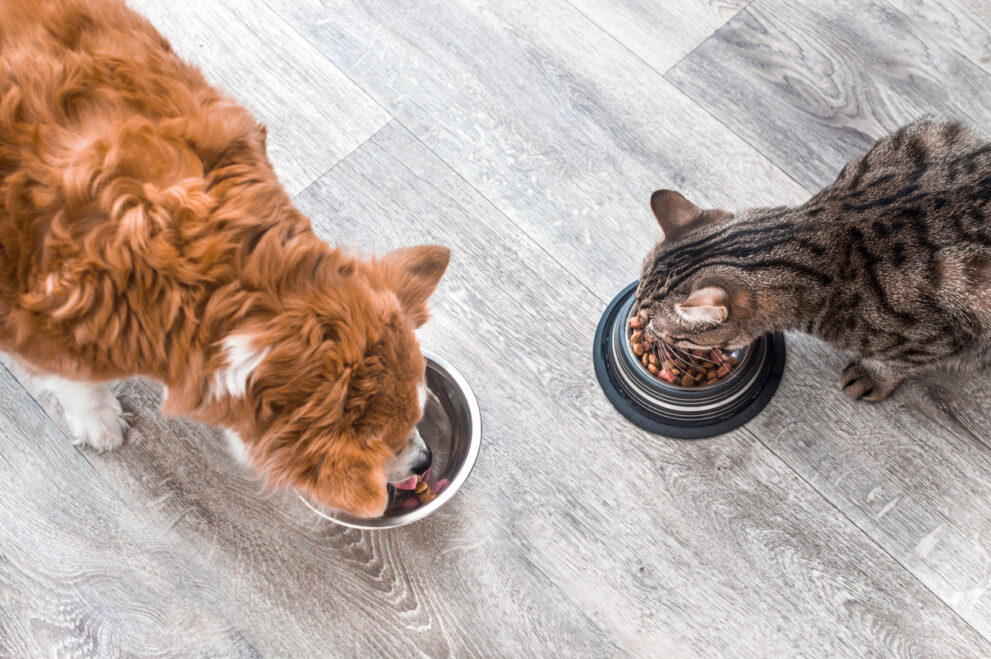Summer sun-times mean fun-times with horses! Long rides out, jumping, dressage; whatever your bag, it’s likely that you and your horse will get a sweat on this summer. Perspiration is a positive thing though, it is to be celebrated, it serves a very necessary purpose. Sweating is part of your horse’s very own, nature-designed, in-built thermoregulation system, there to prevent them from overheating. When the muscles generate heat at exercise, some of that heat is transported to the lungs where it is lost through respiration. This heat is also lost through the skin’s surface when sweat evaporates away from their body, helping them to cool down. So, sweating is good. But when do sticky steeds become a problem? Why, and importantly, how can we keep good horse hygiene in the warmer months? Here we tell all.
A summer problem – but one that can be seen all year round
In the warmer months, horses who are exercised are as a minimum likely to sweat beneath their tack; we’ve all seen sweaty saddle and girth patches as well as wet marks over the poll and under the noseband. While it can happen at any time of year with fast work, in the summer even routine or slow hacking can result in a sweat up. It’s common too, for a full body sweat to ensue, and especially in the nooks and crannies, such as behind the elbow and between the hind legs. Sweat is a sticky combination of water and electrolytes and problems arise when it is left to linger. A build-up of sweat can not only cause sores within these areas, but it also becomes the perfect breeding ground for bacterial and fungal infections. Well then, what is to be done about it? For super sweaty equids we recommend a two-step approach.
The post-ride rinse-off
This gas become a strangely controversial topic with fears that dowsing a horse in water will actually retain body heat by creating some sort of thermal barrier. Fear not. A short period of constant washing with cool – or even cold – water will indeed help reduce body temperature and will also help wash off sweat residue which can otherwise cause problems.
It is valuable to scrape excess water off the horse as soon as the rinse is complete, though, and scraping will also aid the removal of sweat residue.
Use a body wash
Next, consider the use of a solution such as Equine America Fungatrol No-Rinse Body Wash, formulated with anti-fungal and anti-bacterial properties to keep your horse’s coat in good, clean condition. Essential oils and natural ingredients will keep both coat and skin from drying out, whilst leaving your horse smelling clean and fresh. The leave-in nature of this product makes it especially convenient, and the protective properties remain in situ.
How about shampoo, won’t a good scrub with standard shampoo wash away the sweat better?
The trouble is that your average shampoo is generally designed to work on hard-to-remove grease and dirt. This is very helpful for occasional use, however, overuse of these of these products may dry out the natural oils in your horse’s coat and skin, causing itching and irritation. This in turn can reduce their defence against sores and other skin problems.
Check and clean!
Another important part of equine summer husbandry is to check saddlecloths and girths after each ride. Sweat, dirt and hair build up under these things and can lead to sores if not washed between rides. The saddle area is where the greatest pressure is applied to a horse when ridden, so any matter beneath the saddlecloth can very quickly cause problems. The same is true for boots and bandages. The coat covering the legs can be lighter, and therefore the skin beneath more is vulnerable and prone to sores. It is imperative that any build-up of sweat and dirt is removed after each ride. It is also wise to clean boots and bandages should they become contaminated with sweat and grime.
Don’t forget to top up on electrolytes
One other consideration for riding in the warmer months, or for horses regularly sweating at any time of the year for that matter, is electrolyte replacement. As mentioned above, electrolytes are lost through sweating; electrolytes are key components to a horse’s physiology, helping to regulate fluid balance, aiding digestion, and promoting muscle contraction and nerve function. Losing too much of these substances can result in muscle aches and weakness, lethargy, and weight loss through reduced appetite. There are good quality, easy-to-use replacement supplements such as Synovium Electrolytes Q which will help ensure that your horse stays hydrated, healthy and at peak performance.
Whatever your plans, we wish you happy horsing this summer!






